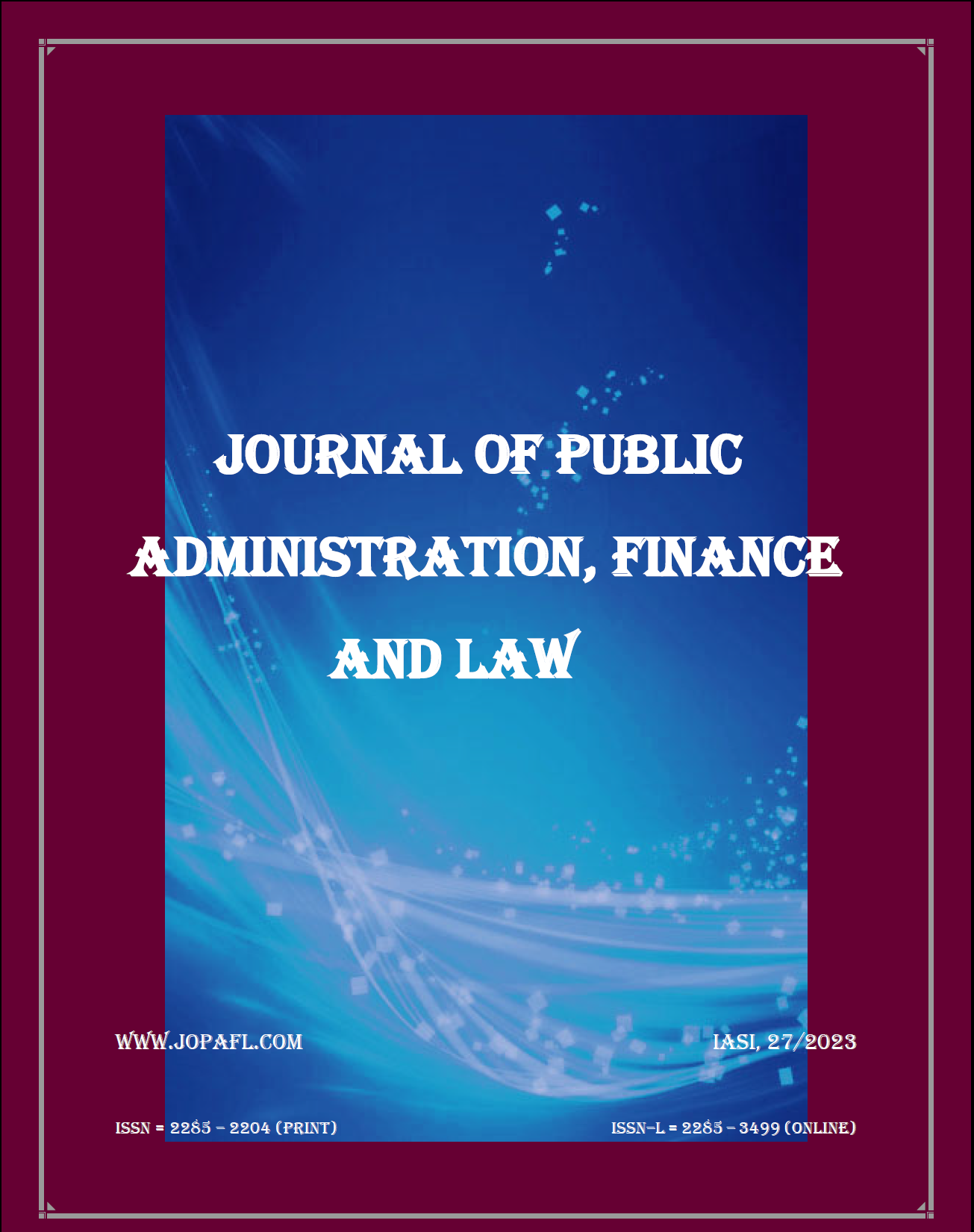THE CONSEQUENTIAL EFFECTS OF PUBLIC DEBT ON ECONOMIC GROWTH IN SOUTH AFRICA: AN ARDL COINTEGRATION APPROACH
THE CONSEQUENTIAL EFFECTS OF PUBLIC DEBT ON ECONOMIC GROWTH IN SOUTH AFRICA: AN ARDL COINTEGRATION APPROACH
Author(s): Tshembhani M HLONGWANESubject(s): Politics / Political Sciences, Politics, Governance, Fiscal Politics / Budgeting
Published by: Editura Tehnopress
Keywords: Public debt; Fiscal policy; Budget deficit;
Summary/Abstract: The study employed the ARDL bound test to estimate the long and short run relationship among several macroeconomic variables real economic growth, domestic debt, external debt, budget deficit, inflation rate and investment. An error correction model was used to analyses the short-run disequilibrium. The results show that there is a short and long run equilibrium relationship between foreign debt, domestic debt, budget deficit, inflation rate and economic growth. The empirical results indicate that external debt negatively affects the real GDP growth in South Africa, both in the short and long-run. Several policy implications emerged from the empirical results. To keep public debt more manageable, South Africa should improve its debt management. Furthermore, the country can make use of debt-to-equity swaps by privatizing underperforming parastatals. This would make them competitive and efficient. This move could attract more foreign direct investment inflows and create more employment thus improve the economic growth of South Africa.
Journal: Journal of Public Administration, Finance and Law
- Issue Year: 2023
- Issue No: 27
- Page Range: 141-153
- Page Count: 13
- Language: English

